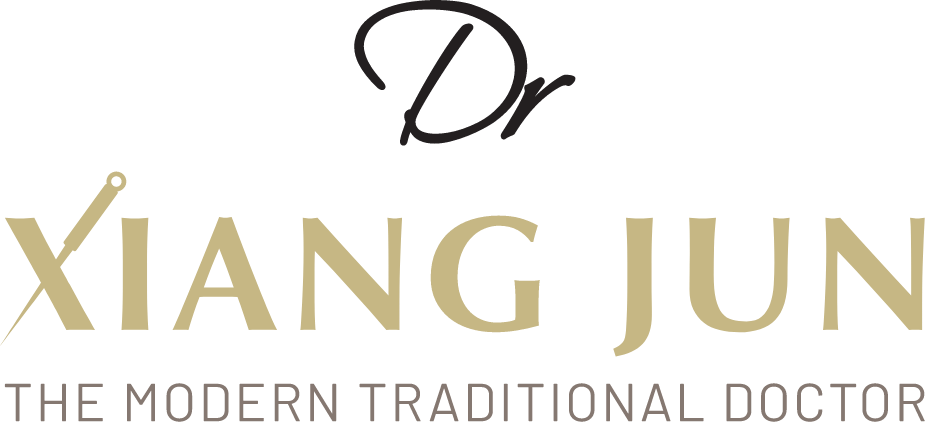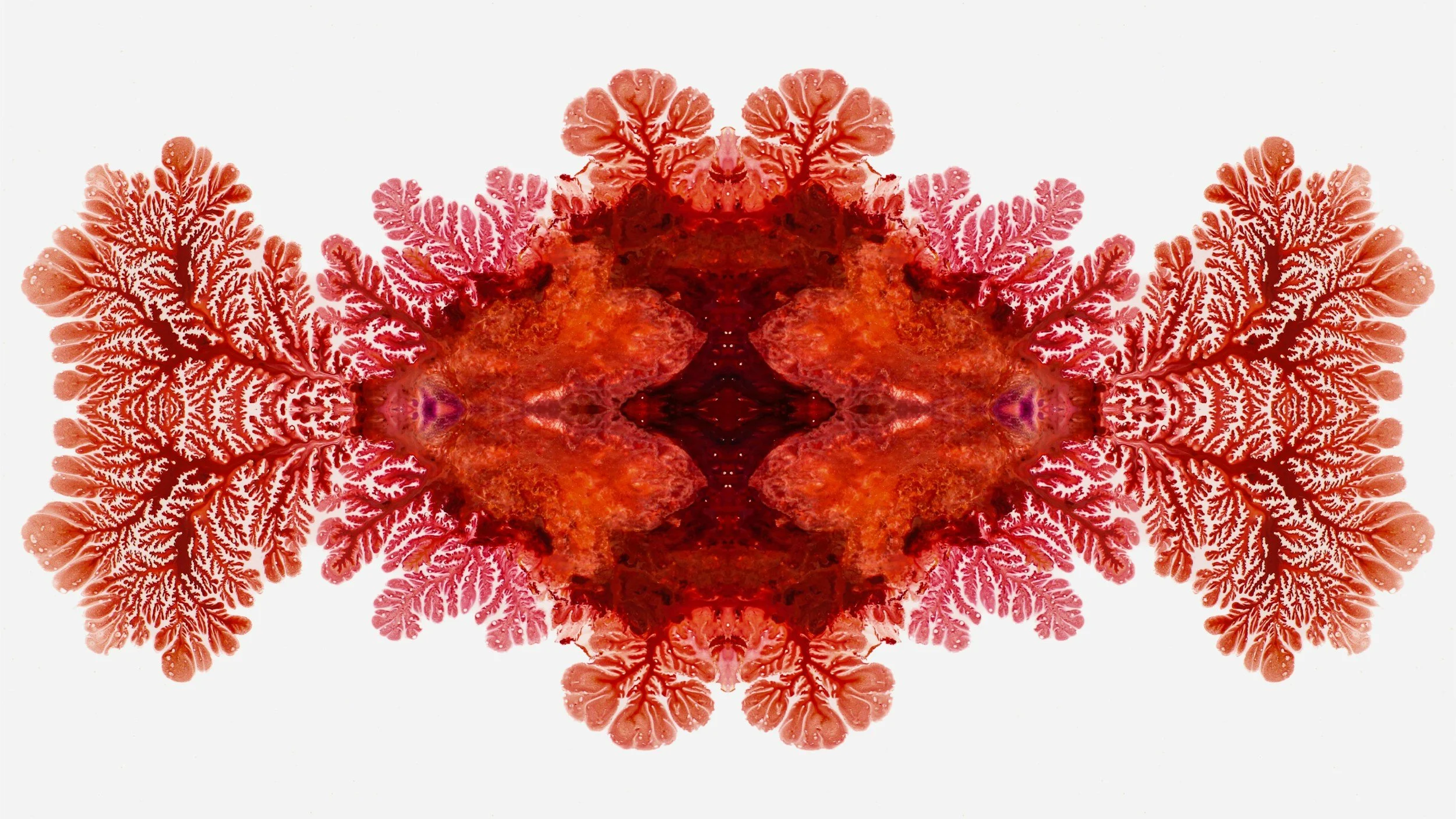TCM Basics 101: What is Blood
Blood exists in both Traditional Chinese Medicine (TCM) and Western Medicine.
In TCM, Blood remains a red liquid full of nutrients that flows through blood vessels; however, it possesses much wider functions not recognized in Western medicine, such as having the roles of "harboring the Mind" and "moistening the body."
In TCM, Blood is inseparable from Qi. In fact Blood is a very dense material form of Qi. Qi gives Blood energy and life force, hence activating Blood.
Formation of blood
Blood is generated by the interaction of Grain Qi from food and drinks that enter the Stomach and Spleen and Essence from the Kidneys.
Therefore the two main important organs for the formation of Blood are Spleen and Kidneys according to TCM.
This is very much different from Western Medicine which states that formation of Blood is solely from bone marrow and hematopoietic stem cells and mention nothing about Spleen, Stomach and Kidneys.
Read more about Everything you need to know about Acupuncture here.
functions of blood
The functions of Blood can be divided into 4 main functions in TCM, namely Blood nourishes the body, Blood moistens the body, Blood harbors the Mind and Blood regulates menstruation.
Blood Nourishes the Body
Blood circulates continuously through blood vessels, reaching the organs located internally, as well as the muscles, tendons, bones, and skin externally, delivering essential nutrients.
Blood Moistens the Body
Blood moistens the body structures and organs such as the skin, hair, eyes, sinews and tongue, ensuring that they function properly, are flexible and healthy.
Blood Harbors the Mind
In TCM, the Mind or Shen lives in the Heart. Blood vessels and Blood are extensions of the Heart. Hence Mind or Shen is also embodied in the Blood. It is therefore prominent to observe restlessness, anxiety, irritability, insomnia in people with Blood Deficiency syndromes where the Mind lacks its foundation in the insufficiency of Blood.
Blood Governs Women’s Health
In TCM, classic texts record that “女子以血为本”, which means blood is the basis of woman’s makeup. Therefore the important life processes of women such as menstruation, pregnancy, birth, lactation are all related and regulated by Blood. Hence Blood needs to be sufficient in women to support and regulate these important life processes.
imbalances of blood
The three common imbalances of Blood are Blood deficiency, Blood heat and Blood stagnation or Blood stasis.
Blood Deficiency
This is a condition when there is not enough Blood to nourish the body. As such it can present in women’s menstrual cycle being late or scanty periods. Hair loss, dry skin are also common Blood deficiency presentations.
Blood Heat
This is when there is too much Heat in the Blood and usually in the Liver. Heavy periods, skin diseases such as eczema and rashes are common presentations of Blood heat imbalances.
Blood Stagnation
When Blood circulation is poor and Blood is moving improperly due to Coldness, weakness of Qi or stagnation of Qi, it can show up as Blood Stagnation problems. Pain conditions are usual presentations of Blood stagnation imbalances.
relationship between blood and qi
There is an inseparable relationship between Blood and Qi. As the classic text mentions “Qi is the commander of the Blood. Blood is the mother of Qi”.
Below are detailed descriptions of the different relationships between Blood and Qi.
Qi Generates Blood
Blood is formed with Grain Qi from food and air from Lung Qi. The production of Blood comes from Qi.
Qi Moves Blood
Qi is the force which moves and circulates Blood. When Qi moves, Blood follows. When Qi Stagnates, Blood coagulates.
Qi Holds Blood
Qi is in charge of holding Blood within the blood vessels. if Qi is Deficient, Blood may move out of the vessels, resulting in various forms of bleedings.
Blood Nourishes Qi
Blood nourishes the Organs namely Spleen, Stomach, Kidney that produce and regulate Qi. Blood is also the solid Yin foundation for Qi which prevents Qi from rising up or and losing its grounding, resulting in Deficiency Heat or Pu Zua symptoms.
Read more about What is Qi, What is Jing (Essence) here.
Read more about Acupuncture for Compassion, Acupuncture for Trust here.
Further Reading:
Everything you need to know about Acupuncture
Everything you need to know about Dampness
Weight Gain from Digestion Induced Dampness
TCM Explains and Heals Weird Habits that are Actual Signs of Mental Illnesses
Difference between Dampness and Phlegm
Difference between Phlegm and Mucus
Holistic Treatments for High Functioning Anxiety
The Grass is Not Always Greener on the Other Side
Testimonial for Sleep Improvement
Facial Acupuncture - How to differentiate the real deal from the fakers




